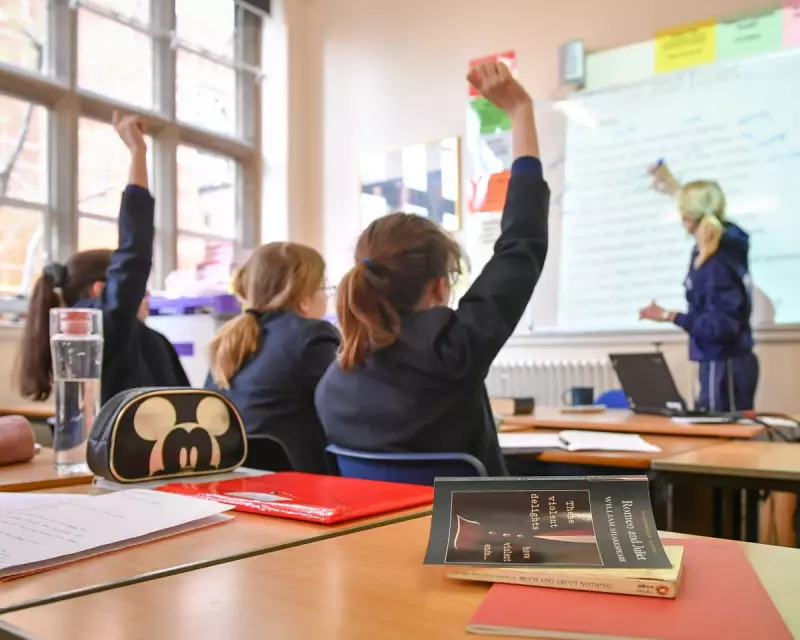
In an era where communication is key, the ability to articulate thoughts clearly and confidently is more important than ever. Yet, despite its significance, oracy—the skill of effective spoken communication—remains undervalued in many UK schools.
The Case for Oracy in Education
Advocates argue that oracy should hold the same weight as literacy and numeracy in the national curriculum. The ability to speak persuasively, listen actively, and engage in meaningful dialogue is not just a social skill—it's a fundamental tool for academic and professional success.
Why Speaking Skills Matter
Research shows that students with strong oracy skills perform better across all subjects. From presenting ideas in science to debating historical perspectives, spoken communication enhances critical thinking and deepens understanding.
Moreover, in an increasingly digital world, face-to-face communication remains vital. Employers consistently rank communication skills among their top priorities when hiring graduates.
Barriers to Oracy Education
Despite its benefits, several challenges hinder widespread adoption of oracy-focused teaching:
- Curriculum pressures prioritising written assessments
- Lack of teacher training in oracy pedagogy
- Misconception that speaking skills develop naturally
- Limited assessment frameworks for spoken language
A Call for Policy Change
Educational experts urge policymakers to recognise oracy as a core skill alongside reading, writing and mathematics. This would require:
- Dedicated funding for teacher training
- Development of assessment criteria
- Integration across all subjects
- Support for disadvantaged students
As the workplace evolves and global challenges demand collaborative solutions, investing in students' speaking abilities may prove one of the most valuable educational reforms of our time.






